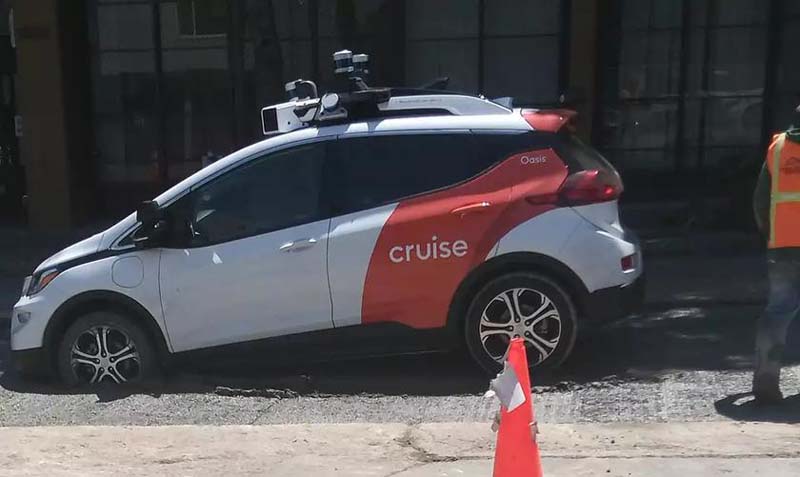Cruise, the self-driving subsidiary of General Motors, has announced a proactive suspension of all fully driverless operations across its fleets in San Francisco and Phoenix. Cruise aims to examine internal processes and rebuild public trust after recent incidents drew extra scrutiny, (California DMV Suspends GM Cruise From Driverless Testing).
In a statement, Cruise explained the voluntary pause will allow time to reevaluate systems and tools to determine how to better earn community acceptance of autonomous vehicles. While uncomfortable in the short term, this introspection is necessary for long-term viability.
Cruise stated: “The most important thing for us right now is to take steps to rebuild public trust. This involves taking a hard look inwards at how we do work at Cruise, even if it means making difficult or uncomfortable changes.”
The suspension follows two recent events that amplified criticism of Cruise’s driverless testing. In one case, a vehicle stopped functioning near an active emergency scene. More seriously, video showed a Cruise AV driving the wrong way down a one-way street.
These incidents spurred San Francisco to issue a 30-day permit suspension for Cruise’s driverless rides until further review. Cruise’s voluntary expanded suspension indicates a willingness to cooperate and identify fixes.
Pausing operations will allow Cruise engineers to comb through telematics, update systems, enhance training protocols, and implement other corrective measures. While costly, this breather demonstrates Cruise’s safety-first priorities.
Some industry observers praised Cruise’s self-imposed timeout as the responsible decision to ensure rigorous technology preparedness. However, others argue the incidents exposed fundamental limitations of self-driving capabilities today.
In an evolving landscape with no playbook, Cruise’s response aims to chart the most ethical path forward. Success requires matching meticulous software refinement with proactive public outreach and education.
For autonomous vehicle developers, building community trust is as crucial as engineering progress. Cruise’s operational pause reflects understanding of this nuanced challenge. While delays may occur, earning public confidence ultimately determines the pace of adoption. Cruise’s internal audit signifies awareness that technical gains alone are insufficient without social license.
